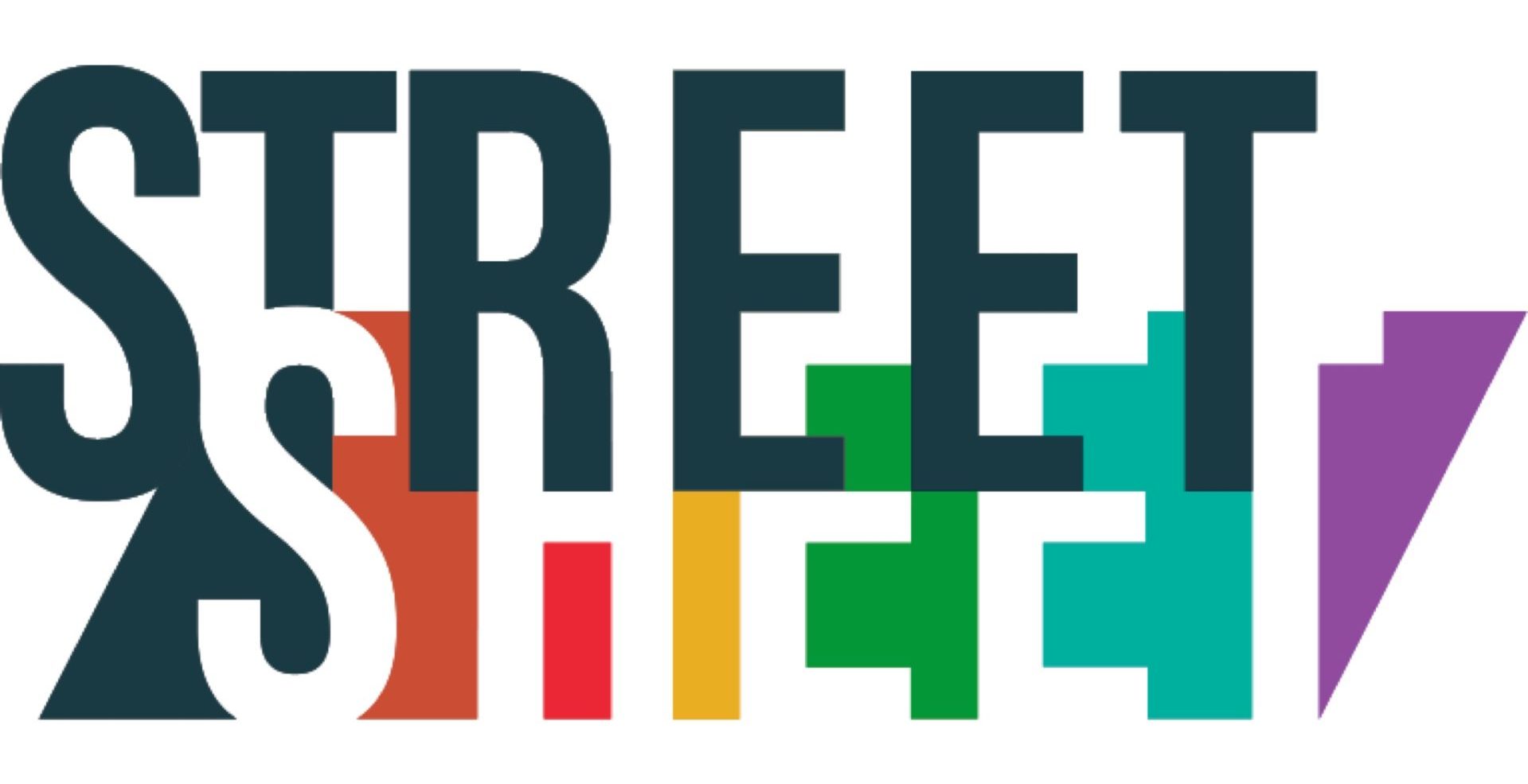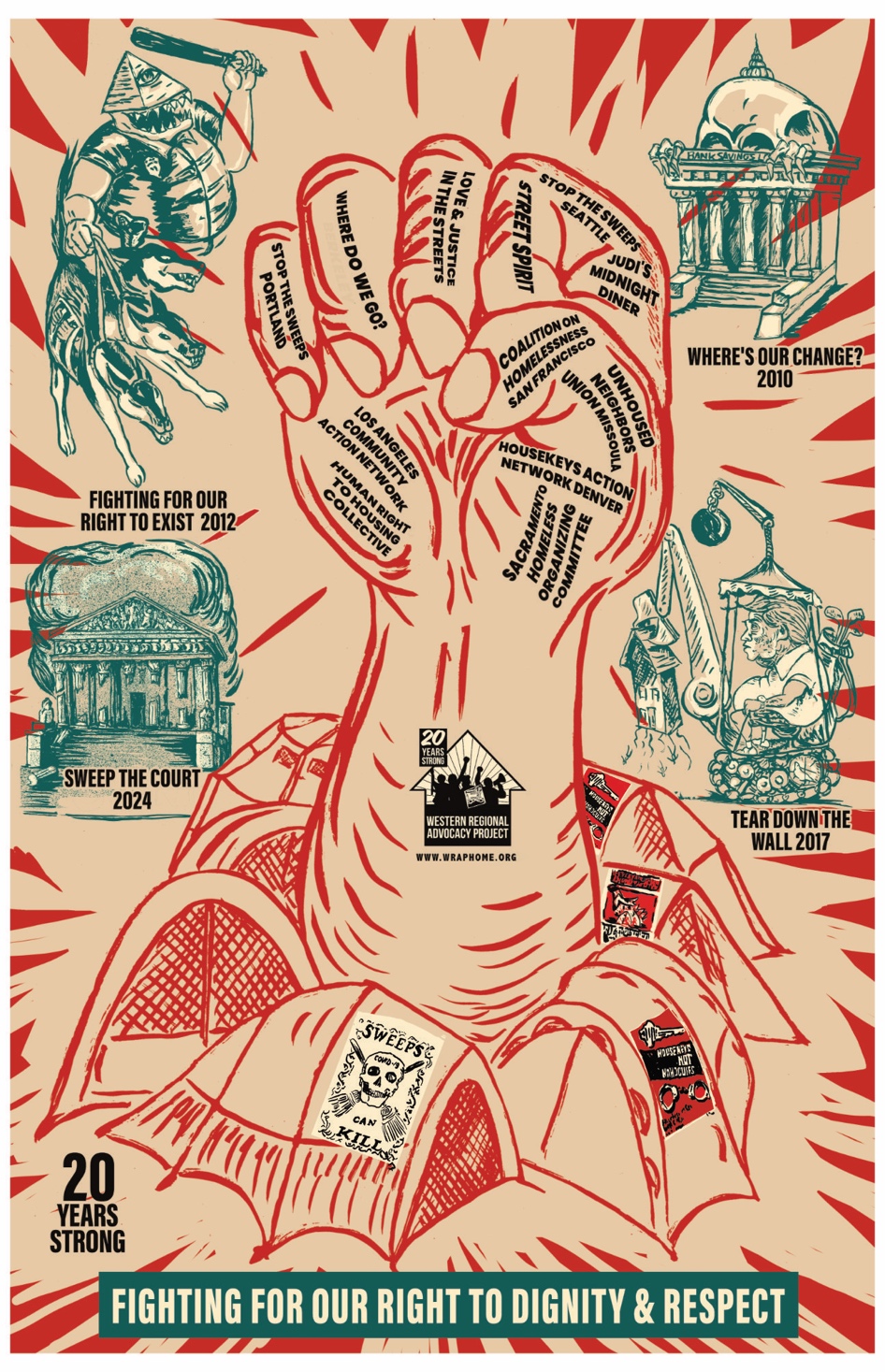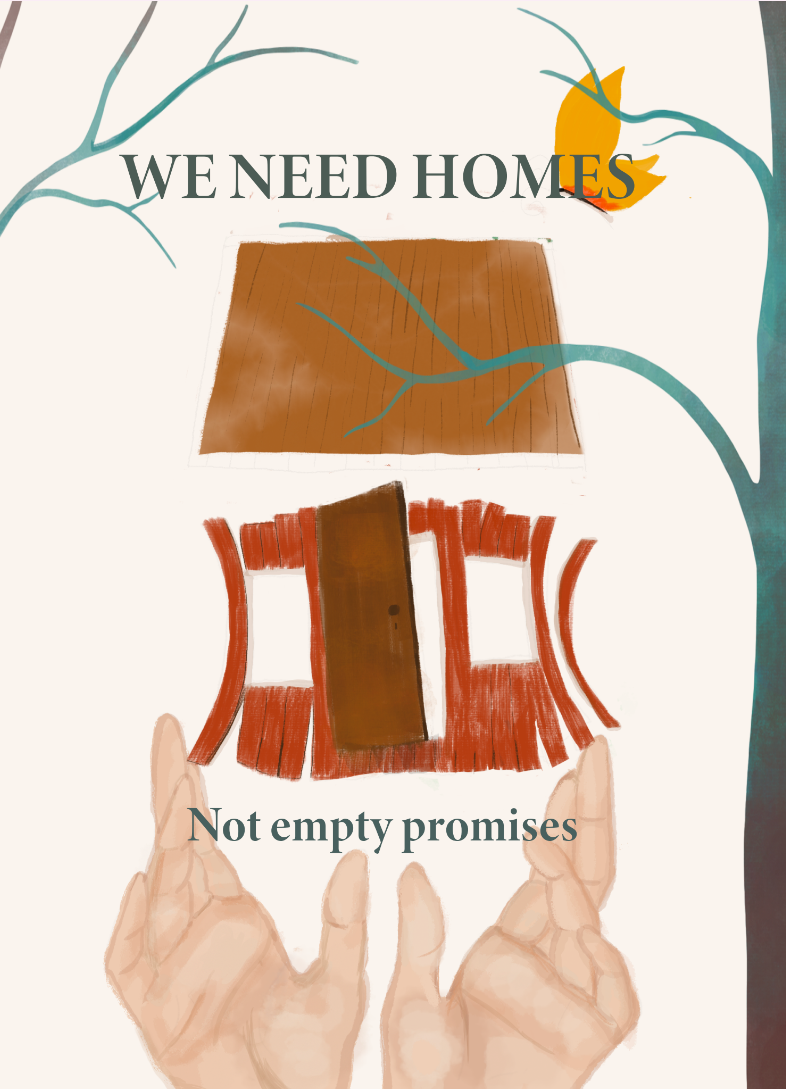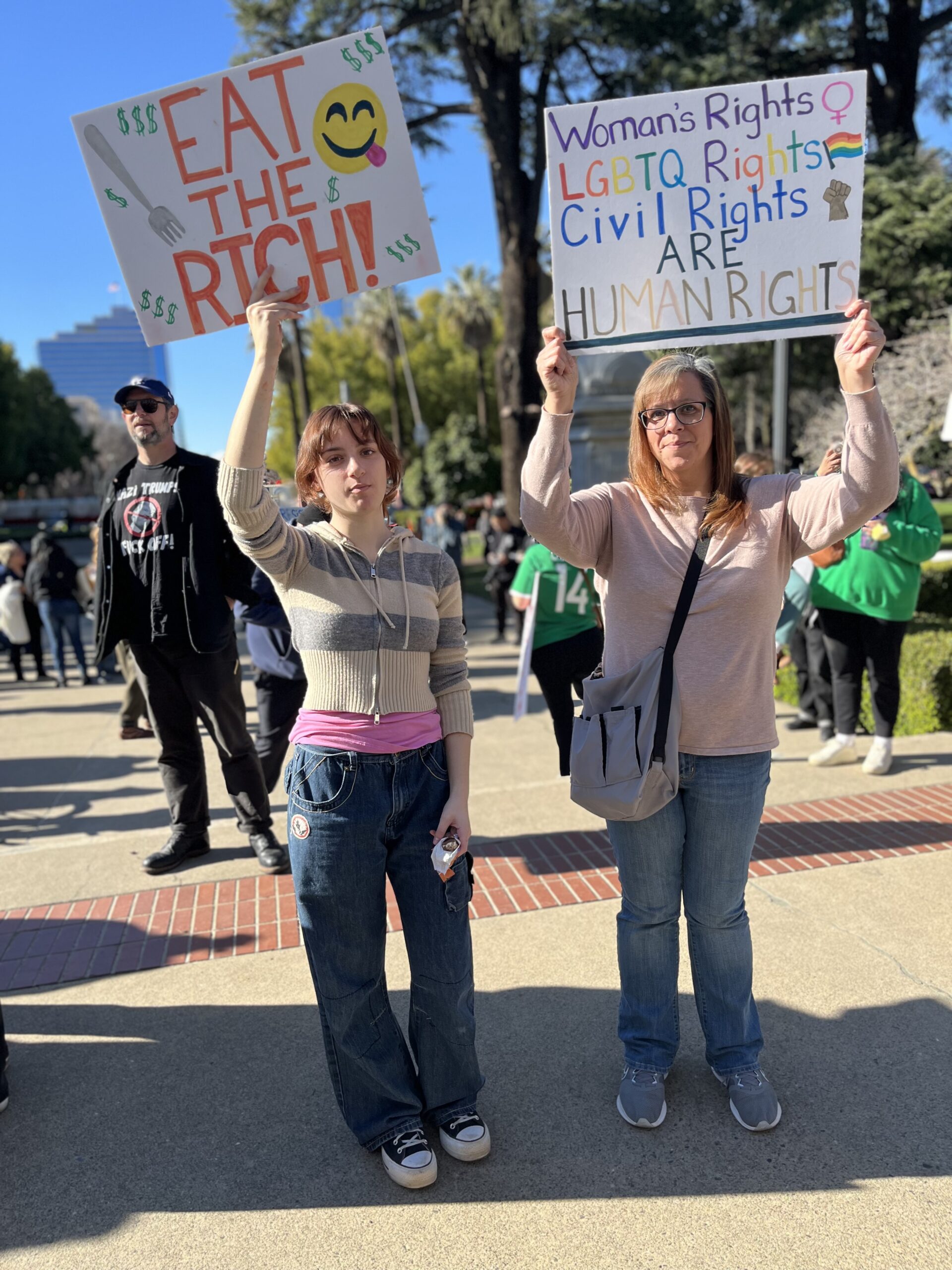by Jack Bragen
Recently, I went to see a doctor in my new neighborhood, one where most of the population is high-income. When I got to the waiting room, I happened to spot a couple of people who are likely on Medicare as I am. It was comforting to realize that I would not stand out as the only economic misfit.
Everyone seems to be ahead of me in life and can handle a faster pace than I can.









